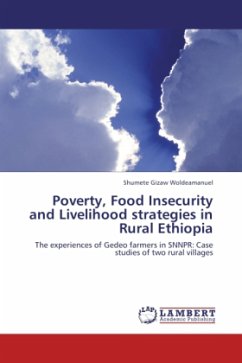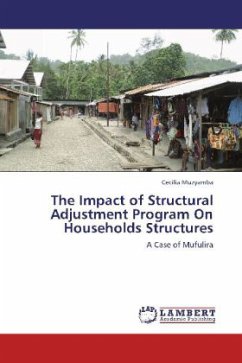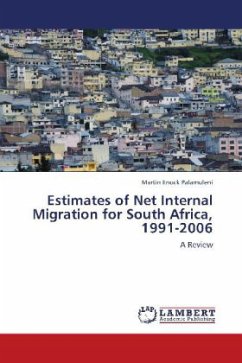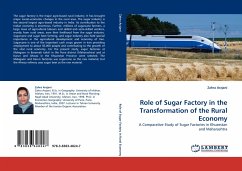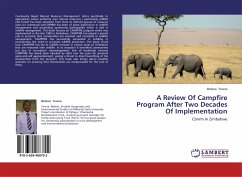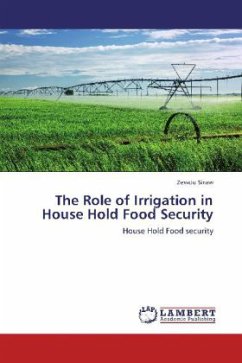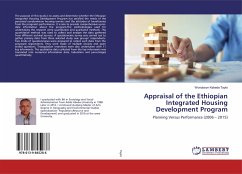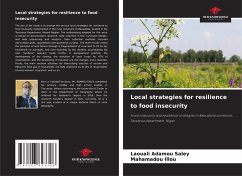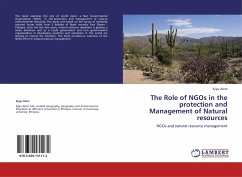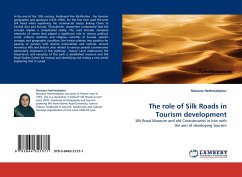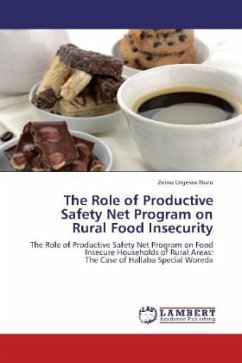
The Role of Productive Safety Net Program on Rural Food Insecurity
The Role of Productive Safety Net Program on Food Insecure Households of Rural Areas: The Case of Hallaba Special Woreda
Versandkostenfrei!
Versandfertig in 6-10 Tagen
39,99 €
inkl. MwSt.

PAYBACK Punkte
20 °P sammeln!
Food insecurity in developing countries has been so serious & became the concern of the entire world. The problem is worse in Ethiopian, where the responses have conditionally been dominated by emergency appeals. These interventions had several shortcomings of which absence of national safety net framework that address all the poor in all time was the most crucial; thus, a switch from annual emergency appeals to multi-annual predictable resource transfer has usually been recommended. Cognizant of this in 2004 Ethiopia and its development partners installed PSNP to facilitate the shift towards ...
Food insecurity in developing countries has been so serious & became the concern of the entire world. The problem is worse in Ethiopian, where the responses have conditionally been dominated by emergency appeals. These interventions had several shortcomings of which absence of national safety net framework that address all the poor in all time was the most crucial; thus, a switch from annual emergency appeals to multi-annual predictable resource transfer has usually been recommended. Cognizant of this in 2004 Ethiopia and its development partners installed PSNP to facilitate the shift towards more predictable response with predictable resources for predictable problem. Therefore, what were the impacts of PSNP on chronically food insecure households? What were the challenges limiting its positive outcomes? and What were the lessons learned and questions still unanswered? This book dealt with the detail account of these questions.



